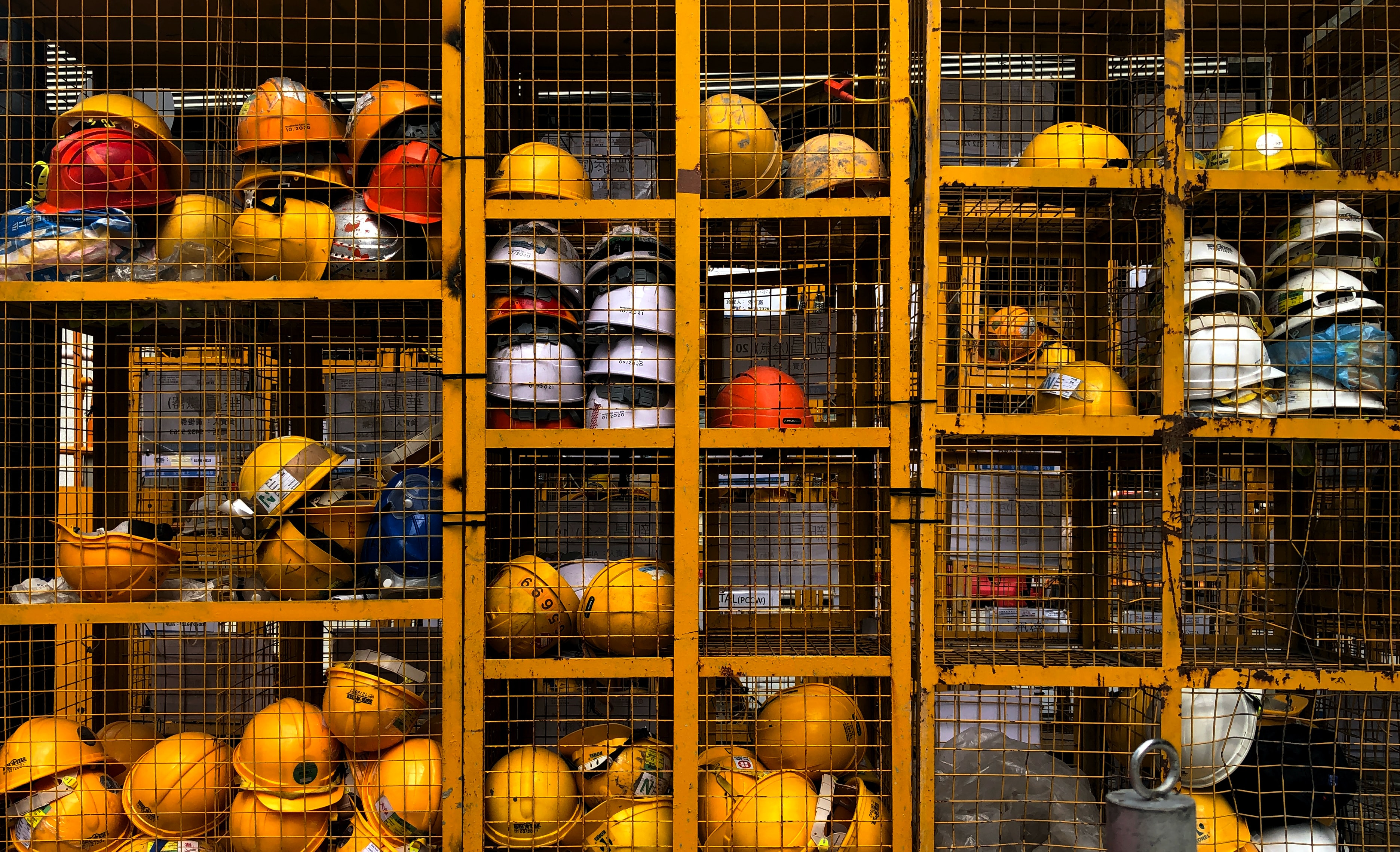
Improve mental wellbeing to reduce construction’s suicide rate
The sector must continue to improve the mental health of workers.
By Teresa Gorham, Divisional Director - Group HSEQ (Health, Safety, Environment, and Quality) at Optima Contracting Limited, and Rob Tarn, Group HSE Director for Tara Group.
Male suicides within the UK construction sector accounted for around 500 deaths annually in 2021, and this figure remains stubbornly high. It is often quoted that suicides within construction are three times higher than the national average. Each person listed in these statistics represents a colleague, a family member, and a friend, and each death has a wider impact across the industry.
But there are steps that the industry and employers can take in the effort to reduce this number to zero, with a growing focus on mental wellbeing alongside physical health.
Those of you reading this blog will know that construction is an industry fraught with challenges when it comes to mental and physical wellbeing. From long hours, high-pressure environments, and physically demanding work to the less obvious but equally concerning issue of mental health, wellbeing in the construction industry is of increasing focus.
Construction work is inherently physical. Workers often engage in strenuous activities like lifting heavy materials, operating machinery, and working in various weather conditions. These factors contribute to an increased risk of injury, musculoskeletal disorders, and other health issues. These can include:
- Musculoskeletal Disorders (MSDs
- injuries from falls and accidents
- exposure to hazardous materials, and
- fatigue.
Mental Health in the construction industry
While the physical risks are more visible, the mental health challenges within the industry are often overlooked. Yet mental wellbeing is a critical issue that affects not just the individual, but also the safety and efficiency of entire teams.
Key mental health concerns include:
- Stress and anxiety: tight deadlines with pressure from the programme and main contractor, financial pressures, and job insecurity can contribute to heightened stress levels. Additionally, the competitive nature of the industry often leads to anxiety about job performance and long-term career prospects. We all know there is a huge skills shortage of those joining the industry as a whole.
- Depression and isolation: many construction workers travel long distances for work or stay away from home for extended periods, which can result in loneliness and isolation. Depression is also a significant issue within the sector.
- Stigma around mental health: the "tough" culture within the industry often discourages workers (particularly males) from seeking help for mental health issues. There’s a prevailing belief that mental health struggles are a sign of weakness, leading to underreporting and untreated conditions.
- Substance abuse: to cope with stress and the physical demands of the job, some workers may turn to alcohol or drugs, which not only impacts their health but also poses safety risks on the job site.
What can and is being done?
Thankfully, the UK construction industry is waking up to the importance of mental and physical wellbeing. Various initiatives and programmes have been introduced to improve conditions for workers.
Measures to improve physical health have included improved health and safety regulations, the introduction of ergonomic solutions, and regular health checks. There is also more recognition that these measures need to be “sold” to the workforce correctly, so that staff don’t feel that it is just an opportunity to check up on them and push back.
Alongside these measures to improve physical health, new initiatives to address mental health are also being adopted. These include:
- Mental Health First Aiders: Many companies are training employees to become Mental Health First Aiders, ensuring that someone on site is equipped to recognise the signs of mental distress and offer support where needed.
- Campaigns and initiatives: Organisations like the Lighthouse Club, which ran the Help under the hard hat campaign, Mates in Mind, and Building Mental Health have developed campaigns to raise awareness about mental health and reduce stigma. These campaigns encourage open conversations about mental health and provide resources for workers in need.
- Employee Assistance Programmes (EAPs): More companies are offering EAPs, which provide access to mental health services such as counselling and support groups.
- Work-Life Balance Initiatives: flexible working arrangements and efforts to reduce excessive hours can help alleviate some of the stress and anxiety construction workers face.
The role of industry leaders and employers
Industry leaders play a crucial role in fostering a culture of wellbeing. By prioritising both mental and physical health, they not only ensure a safer working environment but also increase productivity and job satisfaction.
There are also steps that employers can take, including:
- Promoting open dialogue: encourage conversations about mental health and create an environment where workers feel comfortable sharing their struggles without fear of stigma or judgment.
- Providing access to support services: ensure workers know how to access mental health resources, whether through EAPs, external helplines, or on-site support.
- Investing in training: equip managers and supervisors with the tools to recognise and address mental health issues within their teams.
- Implementing preventative health measures: regular health checks, ergonomic assessments, carrying out the appropriate risk assessments, and proper training can help prevent physical injuries and long-term health issues.
While progress has been made, there’s still much work to do. By recognising the importance of health and wellbeing, industry leaders and employers can create a safer, more supportive environment for workers.
Addressing these issues is not only a moral obligation but also makes good business sense. A healthy workforce is a productive workforce, and investing in wellbeing is key to ensuring the future success of the UK construction industry.
*Teresa Gorham and Rob Tarn are members of CIOB’s Health, Safety and Wellbeing Advisory Panel.
Further resources
Contact our Press Office
We welcome requests for information, comments and interviews from journalists across the globe so please feel free to contact us: